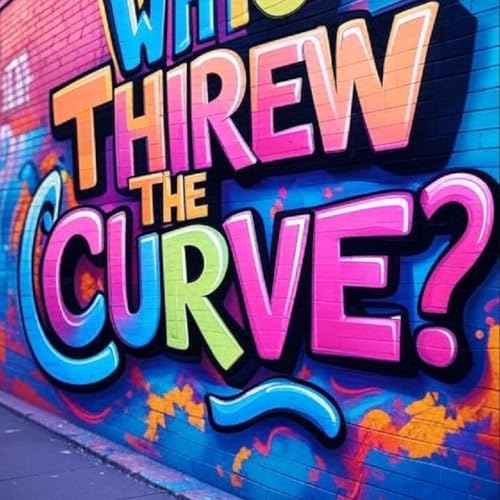
Stress vs. Anxiety: The Slow Burn That Changes Who You Are
Échec de l'ajout au panier.
Veuillez réessayer plus tard
Échec de l'ajout à la liste d'envies.
Veuillez réessayer plus tard
Échec de la suppression de la liste d’envies.
Veuillez réessayer plus tard
Échec du suivi du balado
Ne plus suivre le balado a échoué
-
Narrateur(s):
-
Auteur(s):
À propos de cet audio
Unmanaged stress is like a slow-dripping faucet, annoying at first, but over time, it floods the system. Chronically stressed individuals face elevated risks of cardiovascular disease, compromised immune function, and even neurodegeneration. Long-term exposure to cortisol, the body’s stress hormone, not only inflames the body but erodes the brain's ability to regulate itself. Sleep disturbances, memory lapses, and irritability become constant companions. What begins as occasional overwhelm can morph into full-blown burnout, a state of physical, emotional, and mental depletion.
Chronic anxiety, however, is a different beast. It burrows deep, shaping how one sees the world and interacts with it. Over time, it can rewire the brain's fear circuitry, reinforcing avoidance behaviors and hypervigilance. This not only affects emotional regulation but also interpersonal relationships, job performance, and physical health. Conditions like generalized anxiety disorder can lead to digestive issues, chronic pain, and debilitating fatigue, all stemming from a body stuck in perpetual fight-or-flight mode.
One striking difference lies in how these conditions distort perception. Unmanaged stress often feels situational, “If I get through this, I’ll be fine.” Anxiety, in contrast, is anticipatory. It convinces the sufferer that danger lurks even in calm. Over years, this mindset reshapes identity itself, making people second-guess decisions, fear vulnerability, and resist growth. And while both stress and anxiety can feed each other, anxiety tends to be more adhesive, clinging to thought patterns long after the original trigger disappears.
In the end, the danger isn’t just the physiological toll, but the erosion of joy, confidence, and connection. Whether it's stress slowly choking resilience or anxiety distorting reality, the long-term consequences deserve more attention than a spa day or mindfulness app can fix. Left untreated, they don’t just alter biology, they redefine how a person shows up in the world. And that’s a high price to pay for silence and coping alone.
Pas encore de commentaire


